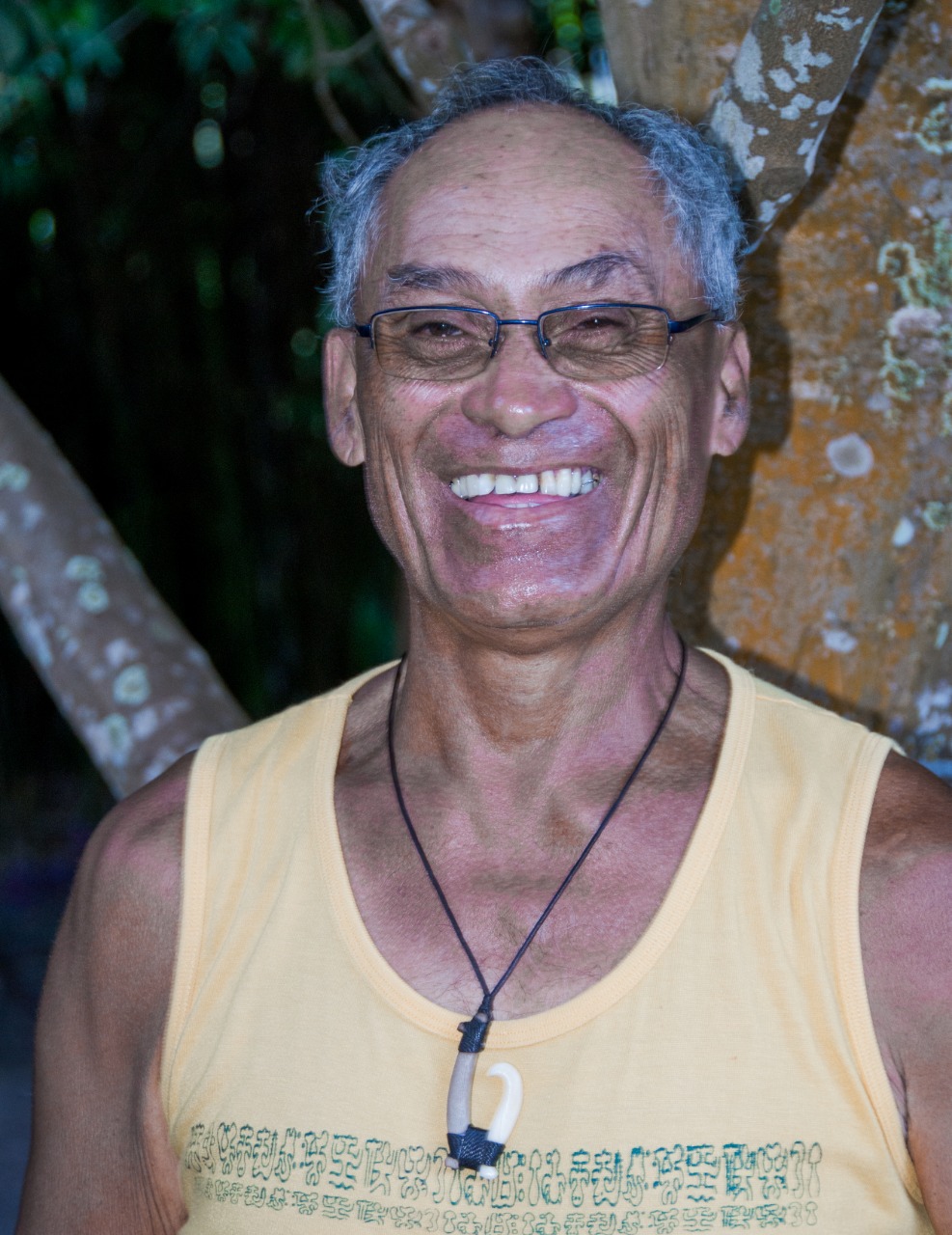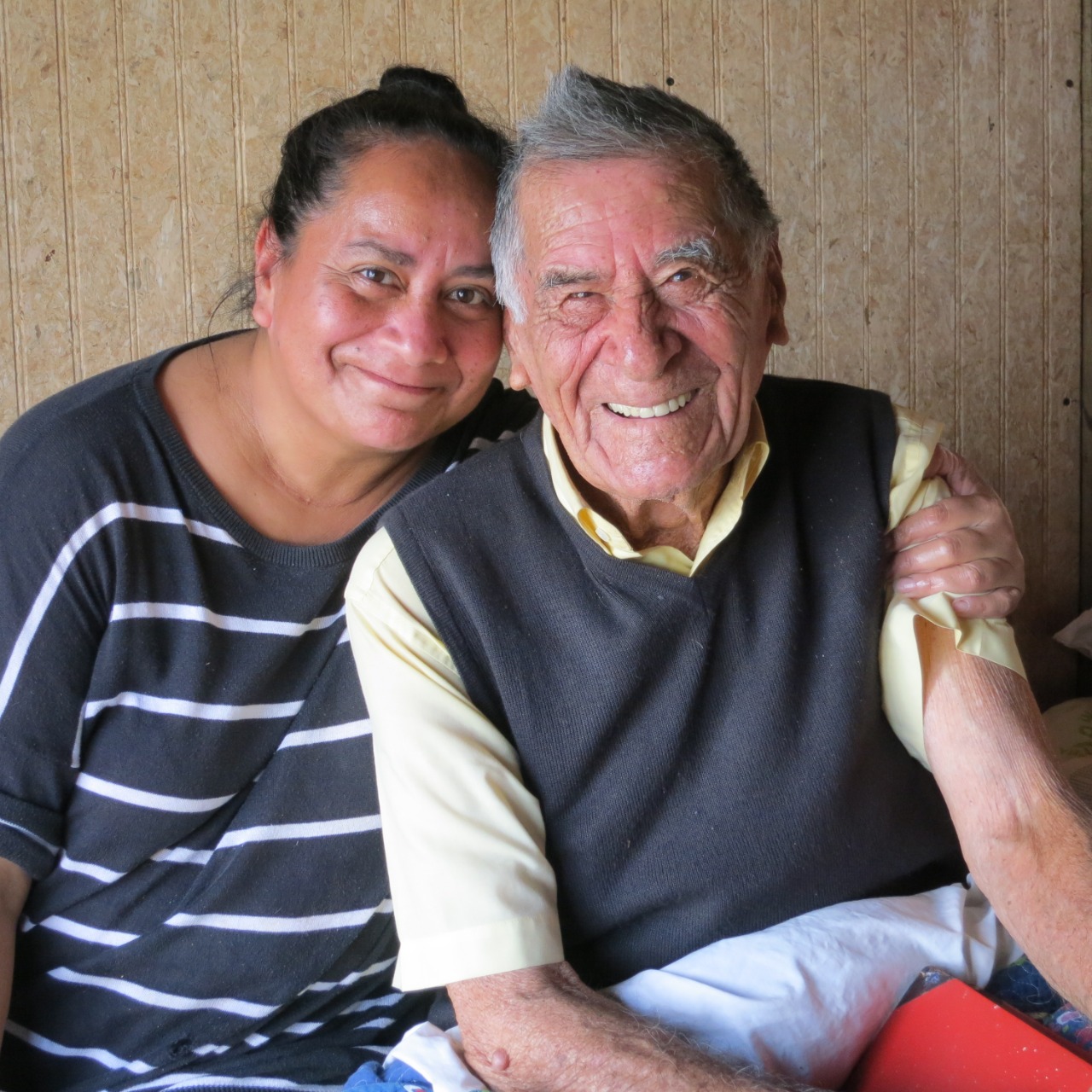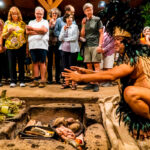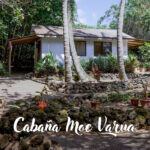Alberto Hotus Chavez
“My dad -Matías 2 ° Hotus Ika- was a person who liked to learn the history of the island. I used to lock myself in the corral to know how the animals spoke. He died when I was 4 years old and my paternal grandfather kicked my mother out of the house with three of his children, only my brother Germán stayed with him for being the eldest. We arrived at the home of Heremeta Make and Vicente Pont, a Frenchman who had already resided at Easter since 1886 and who had raised my mother. In that I saw that my mother had Agustín Teao Riroroko as her husband, who didn’t work for anyone. He rarely carved, but at last no one could stand my stepfather and we went from house to house as close friends. Sometimes I slept next to a pirca or in a cave; We were cold and hungry. I always watched the other children who had a house and dad. Finally we ended up where Victoria Rapahango, who was very good and charitable. She and my aunt Ana Chavez Manuheuroroa loved me very much. I am Catholic and I always pray for them.
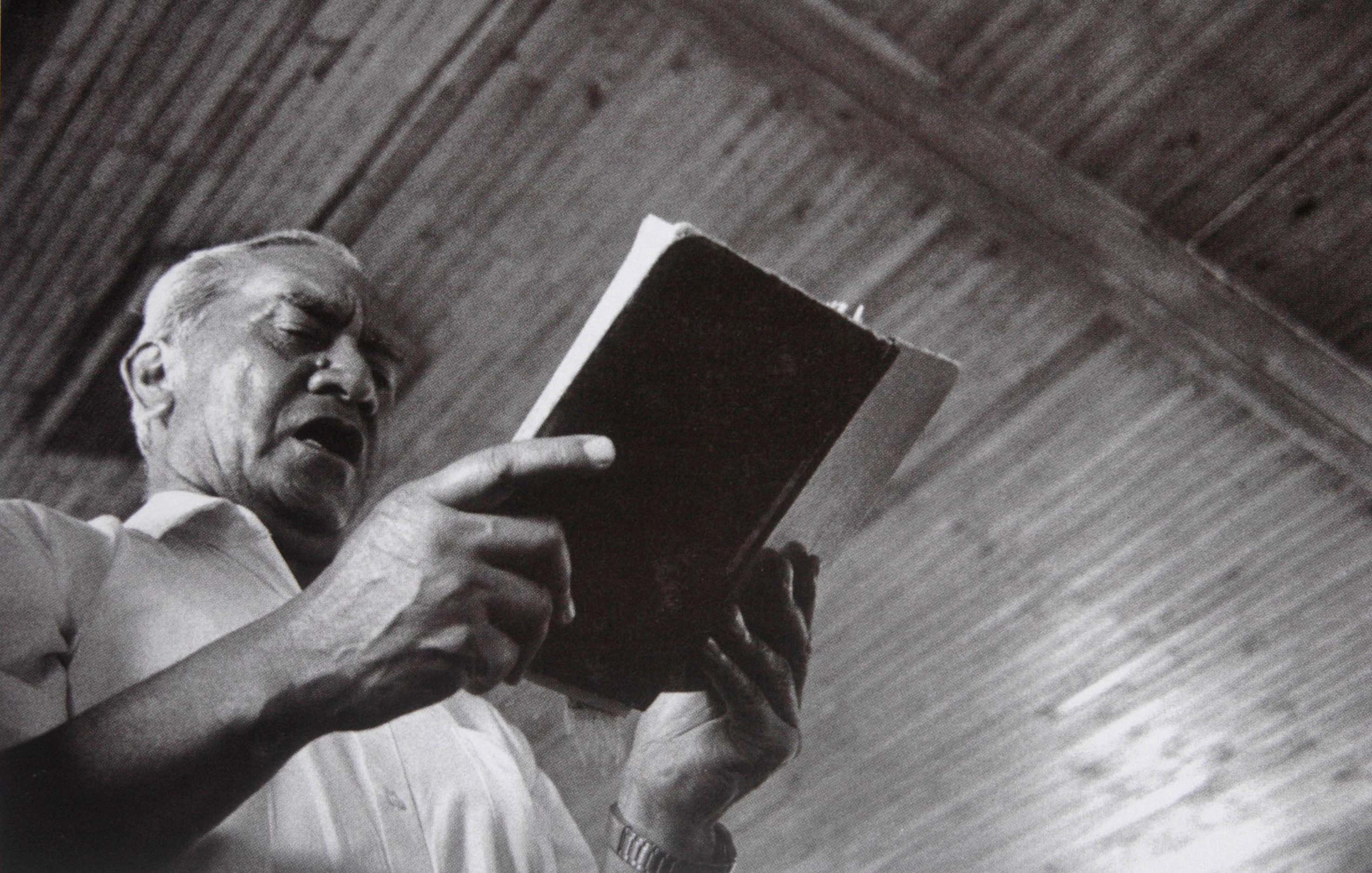

Featured Reports:
Manuel Tuki
Manuel TukiAt almost one hundred years of age, the sculptor Manuel A. Tuki is a shining example for the young people of today. He lives on his farm and, since he retired, he hasn’t stopped carving in stone and wood. Major works with his signature are to be found in...
María Angata
María Angata......... y la Rebelión de & the Rebellion of 1914Maria Angata Veri Tahi, daughter of Hare Kohou (of the Miru tribe) and Veri Tahi a Kau (of the Haumoana tribe) was born in 1854. During her childhood, when she was barely 8 years old, she witnessed the...
Niso Tuki Tepano
Niso Tuki TepanoIn the past, it was a custom to raise children from another family, for various reasons: not being able to have one's own children, not being able to raise one's own child or simply because a family wanted to have more children, as was the case for...



